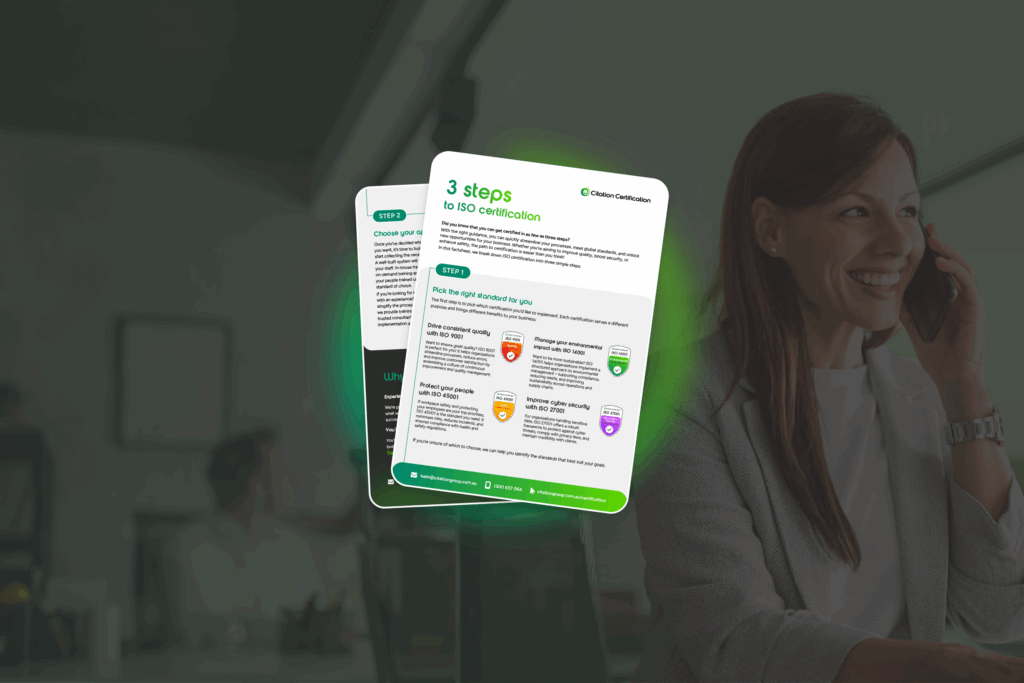
How far can covert recordings influence legal decisions? The Fair Work Commission (FWC) has ruled that it has the discretion to admit covert recordings into evidence. Still, it warns that the admissibility of covert recordings will depend on the specific facts of each case.
In the decision of Lipari v Transit Systems West Services Pty Ltd [2025] FWC 1430, the FWC admitted audio recordings into evidence that were recorded secretly to assist the FWC in determining whether Mr Lipari was unfairly dismissed within the meaning of the Fair Work Act 2009 (Cth) (FW Act).
Below, our experts dissect the details of this case and explain how covert recording played a key role in the outcome of this unfair dismissal claim.
Lipari v Transit Systems West Services: what happened?
Mr Lipari was employed by Transit Systems West Services Pty Ltd (Transit Systems) and attended a meeting held by the Transport Workers Union (TWU) in September 2024. Mr Pagalis, an employee of Transit Systems and TWU delegate for the Tempe Bus Depot, convened the meeting. At the time the meeting was convened, both Mr Pagalis and Mr Lipari were ‘co-delegates’ for the TWU. The purpose of the meeting was to discuss:
- the increase in membership fees; and
- announce that Mr Pagalis would be the only TWU delegate for the depot moving forward.
When Mr Pagalis attempted to end the meeting, members in attendance started speaking over each other, questioning how the removal of one delegate could occur without the knowledge of the members. During this time, Mr Lipari informed Mr Pagalis not to interrupt him, to sit down, and later said, “Stay here and answer the questions” when members enquired about the removal of Mr Lipari as a delegate.
The audio recording also revealed that Mr Lipari alleged Mr Pagalis engaged in bullying, intimidation and harassment towards him and threatened to file a stop bullying application against Mr Pagalis.
Following this meeting, Mr Lipari was provided with a show cause letter regarding his behaviour at the meeting and Transit Systems’ concern that Mr Lipari was in breach of the Code of Conduct and Respectful Workplace Behaviours Policy. Mr Lipari’s employment was terminated in October 2024 following a show cause process on the basis that Mr Lipari breached the Privacy Act 1988 (Cth), Code of Conduct, his contract of employment and Respectful Workplace Behaviours Policy.
Rules of evidence
Mr Lipari objected to the audio recordings being admitted into evidence, alleging the recordings were in breach of the Surveillance Devices Act 2007 (NSW) (Surveillance Act). In determining whether the FWC would admit Mr Pagalis’ audio recordings for their decision, the FWC held it wasn’t for the FWC to determine whether the audio recording was lawful under the Surveillance Act.
However, in making this finding, the FWC found the FW Act empowered the FWC to inform itself about any matter it considers appropriate, as the FWC isn’t bound by the rules of evidence. Despite this, the FWC held that this doesn’t mean the rules of evidence are to be ignored, but rather guide the FWC. In particular, the FWC had regard to section 138 of the Evidence Act 1995 (Cth), about the admission of evidence obtained improperly or in contravention of Australian law where the desirability of admitting the evidence outweighs the undesirability of admitting the evidence.
In making its decision to admit the audio recordings, the FWC found the desirability of admitting the evidence outweighed the undesirability on the basis that:
- Mr Lipari is alleged to have engaged in aggressive and intimidating behaviour towards Mr Pagalis at the September meeting;
- Eight witness statements were tendered during the proceedings, who attended the meeting;
- From the witness statements, there were significant variances and different accounts;
- Inconsistent evidence was provided during cross-examination; and
- It was desirable to hear first-hand whether the asserted conduct occurred, and the audio recordings would enable the FWC to determine this.
Covert recordings and internal reviews
Whilst the FWC is empowered to have regard to audio-recordings to determine whether an employee was unfairly dismissed under the FW Act, and any other matter the FWC has jurisdiction to hear, this right doesn’t extend to employers.
With the advancement of technology and its capabilities, accessing a recording made without the consent of those who appear in it is a tempting proposition. In many instances, accessing unauthorised recordings would enable employers to complete workplace reviews or investigations in a timely manner with a strong evidentiary basis for substantiating or unsubstantiating allegations. However, employers should resist accessing or using unauthorised recordings without first consulting applicable State or Territory surveillance laws upon becoming aware that an audio recording is available.
If any of this information has raised any questions about unfair dismissal and your employer obligations, or if you have another workplace matter with which you need assistance, please reach out to the Citation Legal team for a confidential discussion.
About our author
Stevie Crouch is a qualified Solicitor and Senior Associate at Citation Legal. Based in our Sydney office, Stevie has extensive experience supporting and providing businesses with workplace relations advice. Having worked as in-house counsel and in an external legal advisory role, Stevie understands the unique challenges faced by small, medium and large Australian employers.








